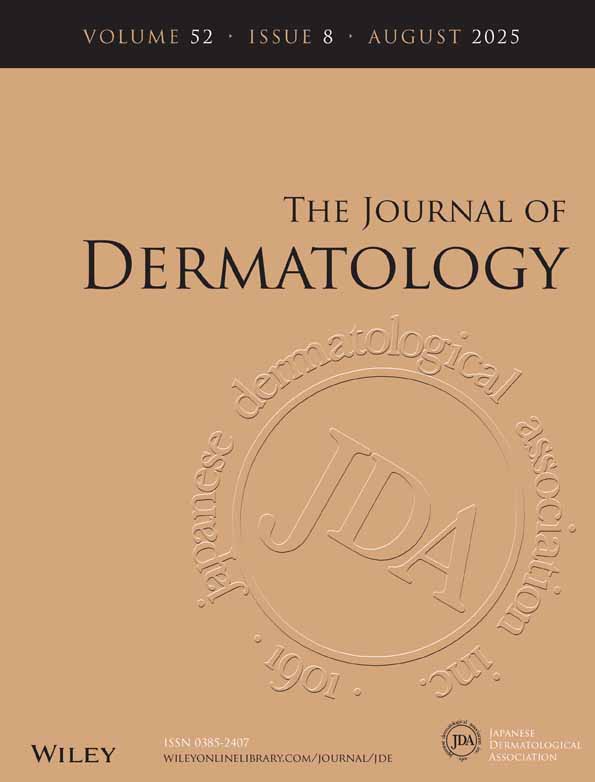Collagen–poly glycolic acid hybrid matrix with basic fibroblast growth factor accelerated angiogenesis and granulation tissue formation in diabetic mice
ABSTRACT
Because poor skin wound healing associated with diabetes is thought to be partly a result from impaired angiogenesis, treatments that improve angiogenesis could have important clinical applications. We herein report the effects of novel developed material, collagen–poly glycolic acid fiber hybrid matrix, being used together with basic fibroblast growth factor to promote wound healing of full-thickness skin defects on the back of type 2 diabetic Leprdb mice. Our data indicates that this therapeutic approach markedly promotes angiogenesis and granulation tissue formation in comparison with other conditions 14 days after wounding.




